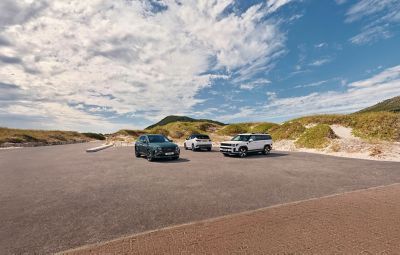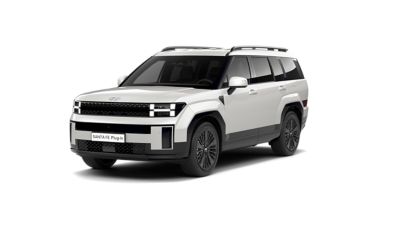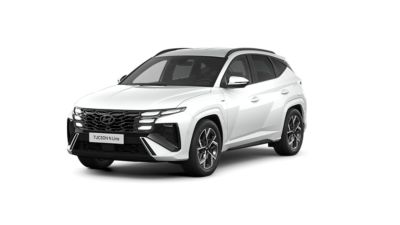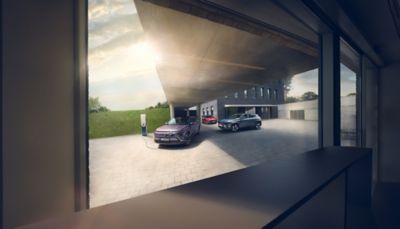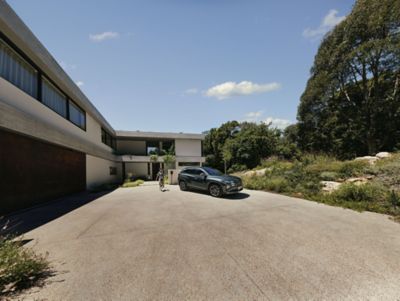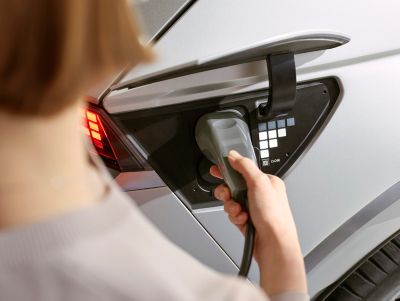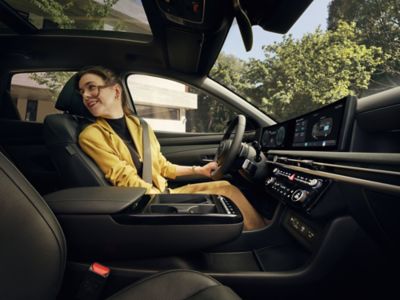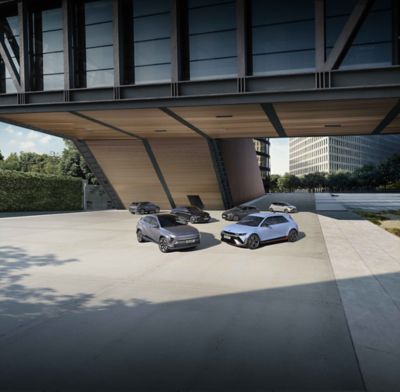Enjoy the best of both worlds.
Electric when you want it. Petrol when you need it. Plug-in Hybrid vehicles give you the best of both worlds with a full-electric driving range at the push of the EV mode button. After the electric-only range is depleted, you can plug into a charging station – or continue with the petrol engine or the hybrid drive system.
Models
Find your favourite.
Hyundai currently offers two award-winning SUV models with Plug-in Hybrid powertrains: SANTA FE and TUCSON.
Mobility
Why go Plug-in Hybrid?
Explore the options for Plug-in Hybrid or Hybrid vehicles and discover which powertrain is best for your lifestyle.
FAQ.
What is a Plug-in Hybrid vehicle?
Our Plug-in Hybrids feature a combination of a petrol engine paired with an electric motor, powered by a lithium polymer battery that gives you an all-electric driving range. Once the electric-only range is depleted, you can plug into a charging station – or continue with the petrol engine or the hybrid drive system.
How can I charge the battery of a Plug-in Hybrid?
This battery can be charged externally by plugging into an AC charging station or a home charging system. What’s more the battery can be charged by the Adjustable Regenerative Braking system.
What happens if you don't charge a Plug-In Hybrid car?
If you do not charge the battery by plugging it into a source of electricity, the Adjustable Regenerative Braking system will still charge the battery while you drive. Additionally, even if the battery charge is fully depleted, you can continue driving using the petrol engine of the full-parallel hybrid drive system.
What's the difference between a Hybrid vs Plug-In Hybrid car?
A hybrid has a much smaller lithium polymer battery, which can be charged by Regenerative Braking or the petrol engine. A Plug-in Hybrid is equipped with a larger lithium polymer battery, which provides more all-electric driving range – and it can be charged by plugging into a charging station as well as primarily via Regenerative Braking.
